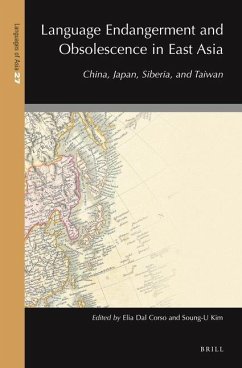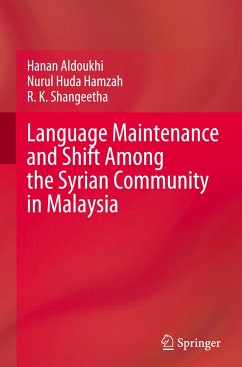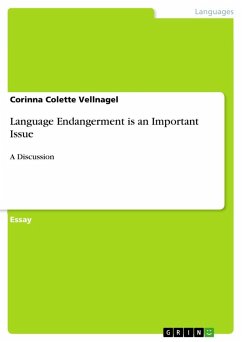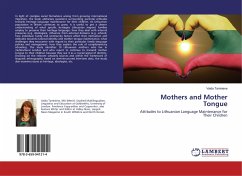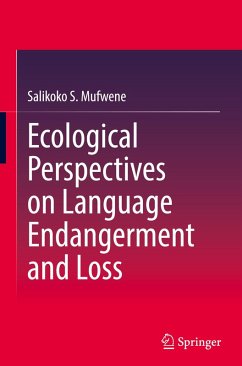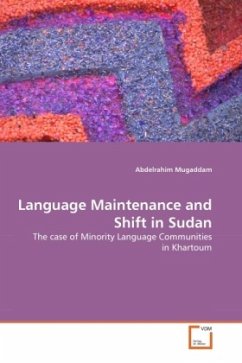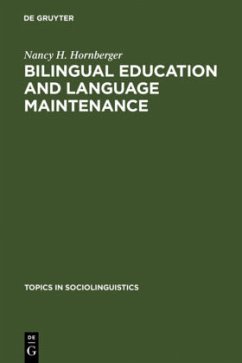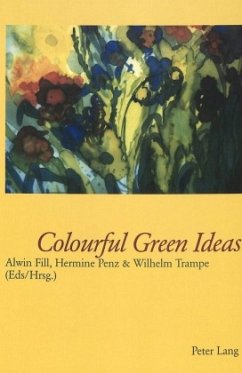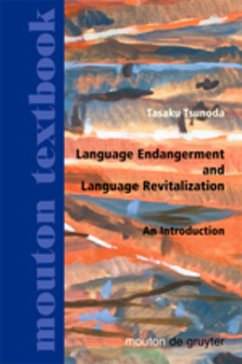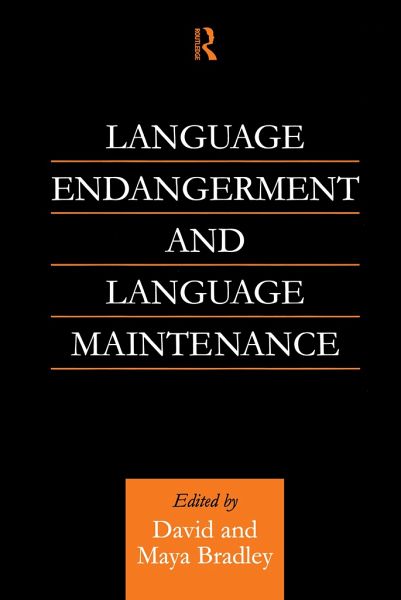
Language Endangerment and Language Maintenance
An Active Approach
Herausgeber: Bradley, David; Bradley, Maya

PAYBACK Punkte
84 °P sammeln!
Language endangerment is a fundamental issue for humanity. What rights do minority communities have concerning their languages? How does each language conceptualize the world differently? How much knowledge about the world and a local ecosystem is lost when a language disappears? What is the process involved and how can insights about this process contribute to linguistic theory? What typological insights will be lost if undescribed languages disappear before their unique structural properties are known? How can language shift be stopped or reversed? This volume comprises: * a general overview...
Language endangerment is a fundamental issue for humanity. What rights do minority communities have concerning their languages? How does each language conceptualize the world differently? How much knowledge about the world and a local ecosystem is lost when a language disappears? What is the process involved and how can insights about this process contribute to linguistic theory? What typological insights will be lost if undescribed languages disappear before their unique structural properties are known? How can language shift be stopped or reversed? This volume comprises: * a general overview introduction * four theoretical chapters on what happens during language shift * ten case studies of autochthonous languages under threat * four case studies of migrant languages at risk * three concluding chapters discussing strategies and resources for language maintenance.






